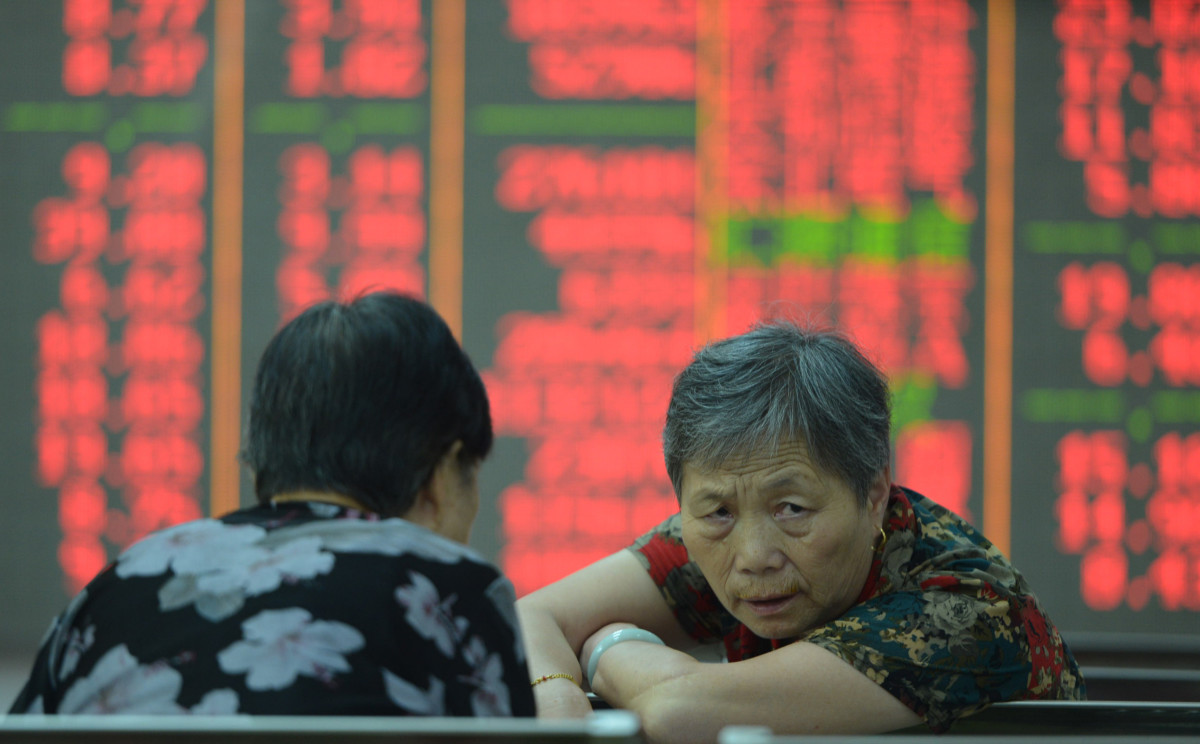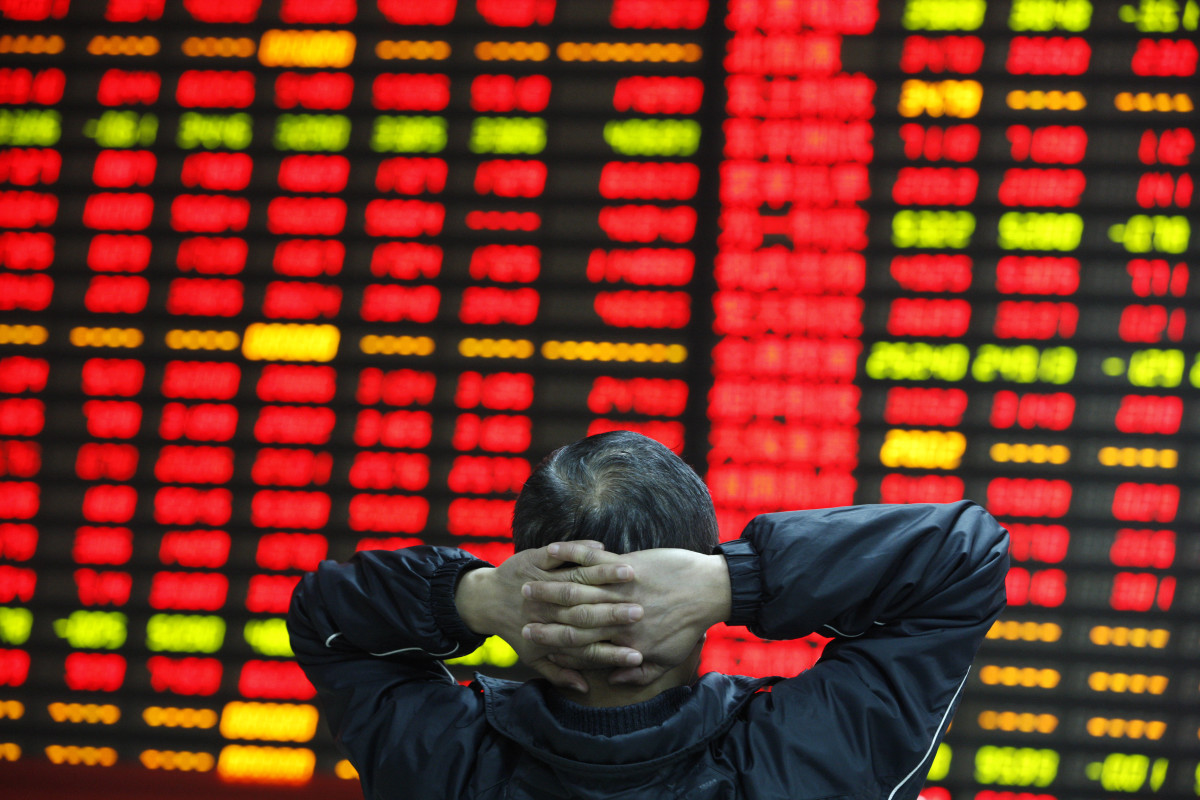
Chinese stocks have exploded upward as the government unveiled economic stimulus measures over the past week.
The market has seen record trading volume, and the benchmark CSI 300 Index has skyrocketed 25% since Sept. 23 to 4,018. To be sure, that’s still more than 30% below its February 2021 record.
Among popular U.S.-listed Chinese stocks, Alibaba (BABA) , the world's largest e-commerce company, has jumped 25% since Sept. 23. And Yum China, (YUMC) the country's largest restaurant chain, has climbed 30%.
Don't miss the move: Subscribe to TheStreet's free daily newsletter
As for the bazooka-style stimulus, the central bank announced a series of interest-rate cuts, reduced bank reserve requirements, and a program to fund stock purchases by institutional investors. In addition, the government pledged to increase spending, though it was short on specifics.

On the housing front, the latest leap came after three of China’s biggest cities loosened regulations for home purchases, and the central bank moved to lower mortgage rates. Residential real estate is a key — and struggling — industry for the nation of 1.4 billion.
The Chinese stock market has slumped over the past three years as the economy weakened.
China’s economic growth is sluggish
GDP grew an annualized 4.7% in the second quarter, the weakest in more than a year and below the government’s target of 5%. (Experts say China’s government will likely exaggerate growth figures in any case.)
Stronger economic expansion could be a boon for the stock market, boosting corporate earnings. Many investors in China bubbled over with optimism after the government’s moves.
"It's really a big turnaround; the policies are so intensive. We have never seen such clear instruction to stop housing prices declining and support the stock market," Dickie Wong, executive director of research at Kingston Securities, told Reuters.
Related: Single Best Trade: Veteran fund manager picks Chinese stock
"Many foreign investors are afraid of missing out. Local retail investors are asking me what they should add to. Institutional investors are rushing to the market to catch up.”
Even U.S. stocks received some support last week from the China news.
But not everyone is losing their mind over the government stimulus package. China has announced similar moves before without much impact.
Until the real estate market recovers and middle-class consumers have enough income and confidence to spend it, the economy will remain in the doldrums, many experts say.
Veteran fund manager is skeptical of China rally
Count TheStreet Pro analyst Ed Ponsi, managing director of Barchetta Capital Management, as one of the skeptics.
“While everyone else is dancing, I hate to be the guy in the corner with a thought bubble that reads, ‘They don’t know that none of this is real,’” he wrote.
Related: Stock Market Today: Stocks end higher on China aid boost, Micron AI outlook
“That’s the problem. It’s not real. China’s bazooka is nothing but smoke and mirrors. With its decision to prop up the stock market using government funds, China has taken a literal joke — ‘plunge protection team’ — and made it a reality.”
The plunge protection team was a nickname for the U.S. Working Group on Financial Markets. It was formed in 1988 to provide recommendations to the U.S. president during times of market stress.
Experts have doubts about stimulus
Already there are signs that China’s stimulus plan is running out of steam, Ponsi said. China is the world’s biggest consumer of copper, at 57%. Yet after a three-week rally, copper has dropped 2% since Thursday.
That’s bad news for China, he said. “We can look to this industrial metal for clues about China’s health, as well as the health of the global economy.”
Fund manager buys and sells:
- Experts cite stocks to buy after Fed rate cut
- Cathie Wood divests $23 million of surging tech stocks
- Top value fund manager says Alphabet is deep-value stock
Others have their doubts, too. “Amid all the euphoria, the structural issues are still there” for the economy, Rory Green, chief China economist at GlobalData TS Lombard, told The Wall Street Journal.
Memories of past government failures to boost the economy are at the top of many experts' minds.
“My concern about a potential replay of the previous disappointing cycle lingers,” Hebe Chen, an analyst at IG Markets, told Bloomberg.
“It’s still too early to tell if this golden-week rush will blossom into a true gold rush or fizzle out into another mirage.”
Related: The 10 best investing books, according to our stock market pros







